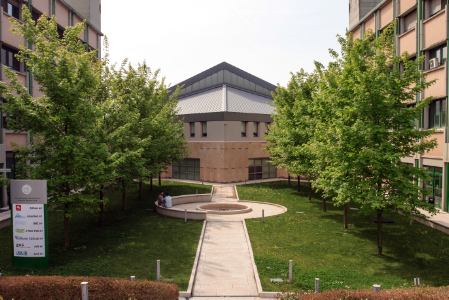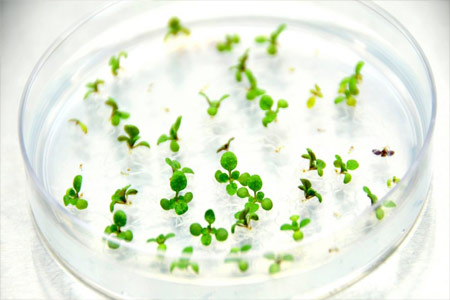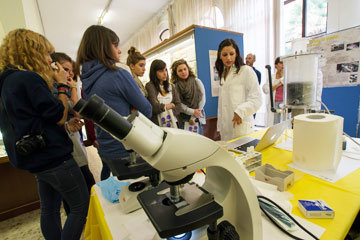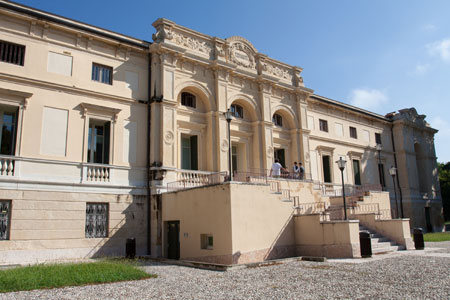Research strategies
The Department of Biotechnology carries out both basic and applied research in the biotechnology field. More specifically, the Department investigates issues in biological sciences and the advancement of methods relating to biotechnological applications for the agri-food industry, environment and health. It pursues advanced research in protein structure, bioinformatics and chemistry for the development of new materials.
The Department values individual studies as well as interdisciplinary studies related to the biological, chemical, molecular and physiological aspects of prokaryotic and eukaryotic systems. The study of processes at a molecular level goes hand in hand with bioinformatic analyses and genome, proteome and metabolome studies regarding microbial and plant systems as well as human beings.
The Department’s main macro-areas are: Agri-Food and Viticultural-Oenological Technology and Biotechnology for improving plant species for enhanced productivity and resistance to biotic and antibiotic stress and food quality and safety; Environmental Biotechnology and Bioprocess Engineering to improve the environment and energy production; and Biomedical Biotechnology looking especially at “-omics” fields and nanobiotechnology.
Applied research provides the Department with opportunities to create strong ties with the local territory in areas of great economic significance. To this end, the University of Verona has promoted joint research projects with companies and public and private entities for many years, in which many of the Department’s researchers are involved.
The Department of Biotechnology is proud to have top academic researchers who coordinate and/or participate in funded national and European research projects.
Areas of research
The Department of Biotechnology promotes academic research in the following areas:
- Plant biology and metabolomics
- Plant physiology and pathology
- Vine biology and genetics
- Functional genomics and personalised genetic diagnostics
- Proteomics:
- Structural and functional
- Analytical proteomics (mass spectrometry)
- Biocrystallography
- Nuclear magnetic resonance
- Oenological microbiology and food microbiology
- Environmental microbiology
- Oenological chemistry and technology
- Materials and nanomaterials science; Molecular imprinting
- Renewable energy:
- production of biofuels, photobioreactors,
- chemical plants for waste/water treatment
- Applied bioinformatics: Computational biology and genomics








